Top-Rated Debt Collection Agency in Lebanon
Your trusted Debt Collection Agency in Lebanon is ready for swift, reliable retrieval of outstanding amounts, with zero upfront costs. Our comprehensive guide uncovers local debt collection practices for you.






The ultimate guide about debt collection in Lebanon
Why you can trust this guide
At Debitura, we uphold the highest standards of impartiality and precision to bring you comprehensive guides on international debt collection. Our editorial team boasts over a decade of specialized experience in this domain.
Questions or feedback? Email us at contact@debitura.com — we update this guide based on your input.
Debitura By the Numbers:
- 10+ years focused on international debt collection
- 100+ local attorneys in our partner network
- $100M+ recovered for clients in the last 18 months
- 4.9/5 average rating from 621 reviews
Expert-led, locally validated
Written by Robin Tam (16 years in global B2B debt recovery). Every page is reviewed by top local attorneys to ensure legal accuracy and practical steps you can use.
Contributing local experts:
Last updated:
Tackling debt collection in Lebanon can be perplexing. With Debitura, your journey is simplified, combining local insight with global prowess for smooth debt recovery. Our guide is your holistic guidebook, arming you to effectively counter debt collection predicaments in Lebanon.
Unraveling the Layers: Key Roles in Lebanon's Debt Recovery Process
In the complex arena of Lebanon's debt recovery, deciphering the duties and actions of critical players is essential. Ranging from debt collection agencies, bailiffs, to attorneys specializing in debt collection, each holds a unique function in the methodical operation of debt retrieval, strictly abiding by Lebanon's rigorous legal structure.
The Role of Debt Collection Agencies in Lebanon
In Lebanon, debt collection agencies play a pivotal role in the financial ecosystem, acting as intermediaries that bridge the gap between creditors and debtors. They are the first line of action in the recovery process, emphasizing amicable settlements through systematic negotiations and persistent communication efforts. Tasks performed by these agencies vary, including sending out payment notification letters, implementing conservatory measures, and striving for debt recovery via legal or amicable pathways. It is advisable for creditors to engage a collection agency when debts become overdue and initial attempts at recovery prove unsuccessful. Despite their proactive approach, these agencies operate within the confines of Lebanese law, which imposes restrictions on their activities to prevent harassment or aggressive conduct towards debtors. Therefore, when extrajudicial measures exhaust their effectiveness, the pursuit may escalate to involve legal proceedings, positioning these agencies as crucial yet respectful facilitators in the intricate process of debt recovery.
The Role of Lawyers in Debt Recovery in Lebanon
In the multifaceted world of debt recovery within Lebanon, the involvement of lawyers becomes a cornerstone during the more complex stages of the process. These legal professionals are essential for navigating the nuanced legal system, especially when the recovery attempts transition from amicable negotiations to judicial proceedings. A creditor might consider enlisting a lawyer when initial, non-legal attempts to recover debts fail and a formal, legal intervention becomes necessary. The tasks handled by lawyers in this context typically include the drafting and filing of legal documents, representing the creditor in court, and providing expert advice on the enforcement of judgments. Their in-depth understanding of Lebanese law, alongside skills in litigation and negotiation, prove invaluable in protecting the creditor's interests and optimizing the chances of successful debt recovery. Through strategic legal actions and informed guidance, lawyers ensure a structured approach to overcoming the challenges inherent to legal debt recovery in Lebanon.
The Role of Bailiffs in Lebanon's Debt Collection Landscape
In Lebanon, bailiffs—legally known as enforcement agents—stand at the forefront of the debt collection apparatus, embodying the critical juncture between judiciary mandates and real-world debt recovery. Tasked with the tangible enforcement of court judgments, these legal officials have the authority to reclaim debts through asset seizures, evictions, and the execution of legal writs directly at the debtor’s premises. Their intervention becomes pivotal in situations where debtors show reluctance or outright refusal to comply with court-sanctioned repayment directives.
Before a bailiff can be called upon, a creditor must first obtain a court order, explicitly authorizing the involvement of a bailiff for debt enforcement purposes. Once this judicial prerequisite is satisfied, bailiffs can carry out a variety of tasks, from issuing notices of enforcement to physically seizing assets deemed recoverable for the satisfaction of the debt. Lebanon’s legal framework meticulously dictates every step of this process, ensuring a careful equilibrium is maintained between efficient debt recovery and the safeguarding of the debtor’s legal rights.
Navigating Lebanon's Debt Collection Legal Landscape
Lebanon's debt recovery landscape is dominated by intricate laws and regulations. Understanding and adhering to this legal structure is pivotal for successful recoveries, upholding fairness, and enhancing integrity in financial interactions. This crucial knowledge base paves the way for trustful, compliant business engagements.
The Regulatory Environment and Civil Court System in Lebanon
Lebanon's civil court system operates within a legal framework influenced by Civil Law, Islamic, and Ottoman principles, reflecting the country's rich legal heritage and diverse religious fabric.
- The hierarchical structure starts with ordinary courts, which include the Court of First Instance, tasked with addressing initial filings in civil, commercial, and personal status matters.
- At the second level, the Court of Appeal reviews decisions from lower courts, ensuring adherence to legal standards and correct application of laws. Appeals against judgments of the Court of First Instance are heard here.
- The apex of the system is the Court of Cassation, serving as the highest judicial authority. It provides the final say on legal interpretations and disputes, ensuring uniform application of the law across Lebanon.
Understanding Lebanon's multi-layered civil court system is vital for effectively navigating legal challenges, whether for debt recovery or broader civil disputes. Its structure ensures a robust process for judicial review, reflecting the country’s commitment to legal thoroughness and fairness.
Key Legislation Impacting Debt Collection in Lebanon
In Lebanon, debt collection and the related judicial proceedings are guided by a diverse legal framework, ensuring a structured approach to financial disputes resolution.
- Civil and Commercial Code: Governs contractual obligations and provides the legal basis for debt recovery procedures.
- Bankruptcy Law: Outlines the procedures for the insolvency cases of individuals and companies, establishing a legal framework for creditors to recover debts from insolvent debtors.
- Consumer Protection Law: Regulates transactions between businesses and consumers, including provisions for fair debt collection practices, thereby ensuring consumer rights are protected during the debt collection process.
The Lebanese legal system, deeply rooted in Civil Law traditions, supports a clear and thorough approach to debt collection, balancing creditor rights with debtor protections. Understanding these key regulations can significantly enhance the effectiveness and fairness of debt collection efforts in Lebanon.
Consumer Protection from Unfair Collection Practices in Lebanon
In Lebanon, consumer protection within the context of debt collection is underscored by a blend of legal, cultural, and procedural considerations, ensuring respectful and fair treatment.
- Protection against abusive tactics: Consumers have rights against aggressive debt collection practices, ensuring dignity and respect during the collection process.
- Right to dispute debts: Consumers are afforded the opportunity to contest or verify the validity of the debt being claimed, promoting transparency.
- Licensing of collection agencies: Debt collection agencies must adhere to strict legal guidelines and obtain relevant licenses, ensuring their legitimacy and accountability.
- Confidentiality and privacy: Regulations demand strict confidentiality regarding the debtor’s information, preventing unauthorized disclosure.
- Legal recourse for violations: Consumers who experience unfair collection practices have the right to file complaints with relevant authorities or seek legal assistance to protect their interests.
In summary, Lebanon's approach to debt collection embeds significant safeguards to protect consumers from unfair practices. Through a combination of legal regulations and cultural sensitivities, it aims to balance effective debt recovery with the rights and dignity of debtors, fostering a fair and respectful collection environment.
Understanding Amicable Debt Collection in Lebanon
Discover the nuances of amicable or pre-legal debt collection in Lebanon. This procedure, often assigned to a specialized agency, aims for debt resolution without court involvement. It's a faster, less intricate approach than legal proceedings. Here, we will discuss its steps, strategies, and important factors.
- Hierarchical Court System Influence: Influenced by Civil Law, Islamic, and Ottoman principles, relevant in escalated disputes.
- Combination of Legal Frameworks: Civil law and religious law blend affects debt collection approaches significantly.
- Statute of Limitations: A 10-year period to pursue debt collection, with certain actions resetting the clock.
- Importance of Proper Documentation: Critical for supporting claims in negotiations or legal actions.
- Amicable Collection Process: Initial steps include sending payment notifications and aiming for negotiation-based resolutions.
- Cultural and Legal Norms: Respectful communication and understanding of personal relationships are key in negotiations.
- Transition to Legal Action: Preparation for potential legal actions requires careful consideration and thorough documentation.
- Fees and Costs: Collection fees, third-party costs, and default interest can be added to the principal amount, regulated by law.
- Statutory Interest Rates: Interest rates typically agreed upon by parties, guided by the Lebanese Code of Obligations and Contracts in absence of agreement.
- Consumer Protection: Regulations protect against abusive tactics, ensuring creditors comply while pursuing debt recovery.
Navigating Amicable Debt Collection in Lebanon
In Lebanon, amicable debt collection stands as a method strongly advocated for due to its emphasis on preserving relationships while efficiently recovering debts. This strategy ensures a balance between compliance and respect for the debtor's circumstances, thereby fostering a constructive platform for negotiation and payment resolution without resorting to legal means.
The Pivotal Role of Collection Agencies in Lebanon
Agencies like Debitura, with a decade of experience in the Lebanese market, excel in amicable debt recovery by leveraging localized knowledge and expertise. Our process begins with thorough debt analysis and continuous communication strategies, such as reminders and formal notices drafted with consideration of Lebanon’s cultural context. This impartial, professional mediation often separates successful recoveries from futile attempts, positioning collection agencies as essential intermediaries in the debt recovery process.
Advantages of Choosing Amicable Solutions
The amicable approach presents significant benefits including cost savings on legal expenses and the preservation of valuable business connections for creditors. For debtors, it translates into realistic repayment facilities that alleviate financial pressures while maintaining dignity and respect. Such benefits highlight how empathy and understanding are cornerstone principles driving successful amicable debt collections in Lebanon.
Recognizing When to Escalate to Legal Actions
Despite the myriad of advantages associated with amicable resolutions, certain circumstances such as persistent unresponsiveness or evasion by the debtor may necessitate legal interventions. It’s critical to view such actions as a final recourse, approached with careful consideration given the possible implications on time, cost, and business relations.
Costs and Procedures in Amicable Debt Collection
Debitura offers a transparent, risk-free approach to international debt collection in Lebanon with our no-success, no-fee policy. We invite creditors to start without upfront costs, only incurring a success fee upon recovery. This, coupled with our streamlined process and expert mediation, underscores our commitment to efficient and ethical debt recovery methodologies. Discover more about our pricing.
The Debitura Process
The journey with Debitura, from claim submission to debt recovery, is designed for simplicity and efficiency:
- Register for Free: Kickstart the process at no initial cost by creating your account via this link.
- File Your Claim: Input your claim details, review the calculated success fee, and authorize the recovery process.
- Monitor the Progress: Stay updated with the recovery efforts through real-time tracking on your personalized Debitura dashboard.
- Legal Step Consideration: In unresolved cases, Debitura provides quotations from vetted local attorneys, empowering you to decide on pursuing legal actions.
Legal Debt Collection Procedure in Lebanon
When friendly attempts to recover claims fall short, the path progresses to legal debt collection. This process often requires court orders enforced by bailiffs for claim resolution. We're delving into the specifics of the Lebanese judicial debt collection procedure, a step further than the ordinary small-claims limit guidelines.
- Hierarchical Court Structure: Lebanon has a complex court system, influenced by Civil, Commercial, Penal, and Criminal Procedure Codes.
- Sectarian Influence on Governance: Sectarian distributions in political and legal frameworks significantly affect legal practices, including debt collection.
- French Legal System Influence: The legal system is majorly influenced by French legal traditions, with efforts to integrate civil marriage and promote secularism.
- Consumer Protection: Legal protections exist against abusive debt collection tactics, empowering consumers to contest unlawful practices.
- Legal Debt Collection Process: The process involves amicable collection attempts leading to legal proceedings and debt enforcement through court orders.
- Small Claims Court: Lebanon's Municipal Court provides a streamlined process for small claim disputes, emphasizing cost-effectiveness.
- Appropriate Court Selection: Identifying the right court based on the claim's nature and size is crucial for effective debt recovery.
- Professional Legal Assistance: Specialized entities offer comprehensive pre-litigation and litigation services, including legal advice on bankruptcy and liquidations.
- Cultural and Legal Considerations: A nuanced understanding of Lebanon's blend of laws and cultural norms is essential for respectful and effective debt recovery.
- Evolution of Laws: Lebanon's legal landscape concerning debt collection and consumer protection is dynamic, requiring ongoing vigilance and adaptation.
Shifting from Amicable to Judicial Debt Collection in Lebanon
In the complex landscape of debt collection in Lebanon, where legal frameworks are influenced by a mix of Civil Law, Islamic, and Ottoman legal principles, the transition from amicable to judicial debt collection marks a significant turn. While amicable collection relies on negotiation and mutual agreement, judicial collection involves the intervention of the Lebanese legal system to enforce debt repayment. Situations necessitating this shift typically include disputes over the debt validity and failure of voluntary payment arrangements. Navigating this transition effectively requires specialized legal understanding and counsel, underscoring the critical role of professional legal representation in achieving successful debt recovery outcomes in a judicial setting.
The Importance of a Formal Judgment in Lebanon
Securing a formal judgment through the Lebanese courts is the definitive stride in judicial debt collection. A court order, serving as legal validation of the debt claim, empowers creditors with the authority for debt enforcement. Obtaining this judgment hinges on presenting a convincing case backed by substantial evidence of the owed debt. The process encompasses initiating legal action, typically through law firms with expertise in Lebanese debt collection regulations, like Mattar Law Firm or Debitura. Once acquired, a court order paves the way for various enforcement mechanisms, including asset seizure or bank account freezing, thus underscoring its paramount importance in the debt recovery process.
Determining the Appropriate Court in Lebanon
Determining the right court for a debt collection case in Lebanon involves considerations of claim size, nature, and complexity. The Lebanese court system, characterized by a hierarchical structure, includes both ordinary and specialized courts that could adjudicate debt recovery matters. Small claims and less complex disputes might fall under the jurisdiction of lower courts, while larger financial or commercial disputes could necessitate the involvement of Commercial Courts or even the appellate courts for significant or complex matters. The choice of court is critical, as it influences the legal strategies employed, the duration of the legal process, and potentially the outcome of the debt recovery effort. Collaboration with local debt collection attorneys, who offer insights into navigating the Lebanese legal landscape, is invaluable in making this determination.
Small Claims Court in Lebanon
While Lebanon's legal framework is extensive and detailed, it's important to note that the specific process or court handling "small claims" as seen in many other jurisdictions may vary in Lebanon due to its unique legal system. However, within the general legal proceedings, Lebanon courts handle cases of smaller monetary values, which might be considered akin to small claims. Given the hierarchical structure of the Lebanese judiciary, cases involving lesser monetary disputes could potentially be resolved in lower courts, which are more accessible to the general public for less complex legal matters. These courts aim to streamline the legal process, ensuring efficient resolution without the exhaustive resources often needed for larger claims. It's advisable for parties involved in what could be regarded as small claims to seek legal advice to navigate the Lebanese legal system effectively, ensuring their case is heard in the appropriate court and adhering to the specific legal procedures in Lebanon. This approach not only assists in promoting a fair trial but also underscores the importance of the judicial process in upholding the rule of law, even for cases involving smaller monetary disputes.
Ordinary Proceedings in Lebanon
In Lebanon, ordinary proceedings represent the formal legal process for resolving disputes that exceed the scope or financial limits of small claims courts. Suited for more complex cases or higher claim values, ordinary proceedings offer a thorough examination of legal disputes under the Lebanese civil law system. This approach ensures a comprehensive legal review, allowing for the presentation of detailed evidence, extensive legal arguments, and the calling of witnesses, if necessary.
One of the primary advantages of ordinary proceedings over small claims court is the depth of judicial scrutiny afforded to each case. This meticulous examination often results in more equitable outcomes for parties involved in significant disputes. Additionally, ordinary proceedings provide a platform for more substantial legal claims, catering to a broader range of issues than the small claims court's limited jurisdiction.
Legal representation is a key requirement in ordinary hearings, with litigants usually represented by attorneys who are well-versed in Lebanon's intricate legal system. This not only ensures that all procedural aspects are correctly followed but also enables a more effective presentation and argument of the case.
The laws and regulations governing ordinary proceedings in Lebanon are embedded within the country's civil and procedural codes. These legal frameworks outline the procedural rules, evidentiary standards, and the legal bases upon which decisions are made, ensuring that the process aligns with Lebanon’s commitment to justice and fairness.
Enforcing Debt Claim Procedures in Lebanon
Navigating through the legal process of debt enforcement in Lebanon can be complex. After achieving a court order, a creditor gains the right to enforce it. This important phase, managed by official bailiffs, allows the creditor to secure their claim by invoking the debtor's assets.
- Court Order Requirement: A court order is indispensable for initiating debt enforcement actions in Lebanon.
- Role of Bailiffs: Enforcement agents execute court orders, seize assets, and manage auction processes to recover debts in Lebanon.
- Legal Representation Costs: Debt enforcement incurs costs related to court fees, bailiff services, and legal representation, varying by case complexity.
- Execution Process: Asset seizure, income garnishment, and other methods are utilized to fulfill creditor claims.
- Impact on Debtors: Enforcement actions can result in asset seizure, insolvency listing, and a negative effect on financial credibility.
- Legal Framework: Governed by Lebanese laws ensuring fairness and defining the enforcement actions’ scope.
- Debtor Protections: Lebanese laws safeguard a portion of the debtor’s income and essential belongings to maintain a minimal living standard.
- International Collaboration: Lebanon’s participation in international legal conventions aids in the cross-border enforcement of debts.
- Cultural Considerations: Understanding local customs and communication styles is crucial for effective debt recovery in Lebanon.
The Execution of Debt Collection by Enforcement Agents in Lebanon
In Lebanon, the crucial task of executing court judgments for debt recovery rests in the hands of enforcement agents, formerly known as bailiffs. Their role extends from the identification and valuation of a debtor's assets to orchestrating their sale, often via auction, and properly distributing the proceeds to the creditor. This process takes place under the rigorous supervision of Lebanon's legal system, ensuring that all activities conform to established legal standards.
Detailed Steps in Enforcing Debts in Lebanon
To initiate the debt enforcement process in Lebanon, a creditor must provide an enforceable title, which is a documented proof of the debtor's obligation. This could be a form of judicial decisions, formal contracts, or agreements. Once the enforceable title is established, enforcement agents proceed to identify and seize the debtor’s assets. These may include real estate, automobiles, and other valuable possessions, but with specific exemptions aimed at safeguarding essential living needs for the debtor and their family, thus striking a balance between rights and obligations.
Understanding Costs and the Legal Foundations of Debt Enforcement
Engaging in the process of debt enforcement in Lebanon involves various expenditures, such as legal fees for representation, court-imposed charges, and fees for the enforcement agents. However, the exact cost largely depends on the complexity and the length of the case. Lebanon's legal foundation clearly defines the procedures for debt enforcement. It delineates the roles of enforcement agents and explicates the rights and responsibilities of all parties involved, thereby ensuring a just and transparent process.
Preparation Ahead of Enforcement Actions
Prior to initiating enforcement actions, it's imperative for creditors to ensure they hold a valid enforceable title against the debtor. Additionally, creditors are advised to serve a final notice to the debtor, offering an opportunity for amicable settlement. This preparatory step is crucial not only for fulfilling legal obligations but also for upholding the debtor's rights to dispute or challenge the enforcement actions, which in turn underscores the principles of fairness and justice underpinning Lebanon’s legal system for debt recovery.
Insolvency Strategies for Debt Collection in Lebanon
Situations of insolvency, where a debtor cannot fulfill financial commitments in a timely manner, can present serious challenges for creditors. Traditional enforcement measures such as court ordered asset seizures often fail, owing to a lack of viable assets. Consequently, bankruptcy proceedings become a vital tool for debt recovery. These structured legal avenues allow for a calculated dissolution of the debtor's property, providing a last-ditch attempt to retrieve compensation for unsettled claims.
- Legal Framework: Governed by the Civil Law, Islamic, Ottoman principles, and specialized codes like commercial and penal codes.
- Court Structure: Lebanon's judicial system includes ordinary and exceptional courts, overseen by the Supreme Judicial Council.
- Specialized Courts: Key in insolvency matters, includes Commercial, Labor, Land, and Personal Status Courts.
- Documentation Required: Invoices, contracts, purchase orders, bills of lading, statement of account, and correspondence need Arabic translation.
- Duration: Bankruptcy proceedings last between two and three years, varying on a case-by-case basis.
- Secured vs. Unsecured Creditors: The Lebanese legal system emphasizes a hierarchy in debt repayment, affecting creditors' recovery rates.
- Debtor-Creditor Law Influence: Strongly impacted by Lebanon’s unique mix of civil and religious law, alongside cultural norms.
- Consumer Protection: Lebanese law protects consumers from abusive debt collection practices, underlining the importance of following legal procedures.
- Bankruptcy as Strategy: Utilized for debt collection, with the process involving court case suggestion, amicable settlement, and payment collection upon agreement.
- Creditor Engagement: Active participation can significantly influence the proceedings and increase the chances of debt recovery in Lebanon.
Navigating the Complex Terrain of Insolvency in Lebanon
The landscape of insolvency in Lebanon is shaped by its unique mix of civil law, augmented by principles from Islamic and Ottoman legal traditions. Governed under the Code of Commerce of 1942 and subsequent judicial decisions, Lebanon's insolvency procedures strive to balance the rights and obligations of all parties involved. The process caters to both traders and non-traders, with distinct proceedings for bankruptcy and failure, respectively. For entities unable to satisfy their financial duties, insolvency serves as a structured pathway towards either the reorganization of financial affairs or the liquidation of assets to settle creditor dues.
Strategic Approach to Creditor Involvement and Debt Recovery
Within the insolvency framework, creditors are urged to proactively engage by registering their claims within the stipulated periods. The Lebanese law provides a hierarchy of creditor claims, prioritizing secured over unsecured claims, and establishing the ground rules for claim treatment and asset distribution. Active participation, through involvement in creditor committees or negotiations on reorganization plans, could significantly enhance the prospects of debt recovery. Given Lebanon's legal backdrop, characterized by its adherence to the rule of law and a system ensuring constitutional compliance, engaging with the insolvency process requires a nuanced understanding of both the procedural steps and the strategic implications for recovery efforts.
The Realities of Cost and Duration in Insolvency Proceedings
The journey through insolvency proceedings in Lebanon is marked by both financial and temporal considerations. While the process involves court fees, administrative charges, and potentially, legal representation costs, these expenses are typically settled from the debtor's estate prior to any creditor reimbursement. Further complexity arises from Lebanon's intricate legal and political landscape, where the duration of insolvency cases can vary widely. Factors such as the complexity of the debtor’s financial condition, the extent of creditor disputes, and the overall volume of claims all contribute to potential delays in case resolution. Creditors thus need to brace for a process that may span extensive periods, affecting the timeline for recovering debts in Lebanon.
Find a Local Debt Collection Lawyer
Need court-ready representation? Share your case once and receive up to three proposals from vetted litigation attorneys—free, fast, and with no commitment.
- Verified specialists
- Quotes in 24 h, no hidden fees
- Fair, pre-negotiated rates
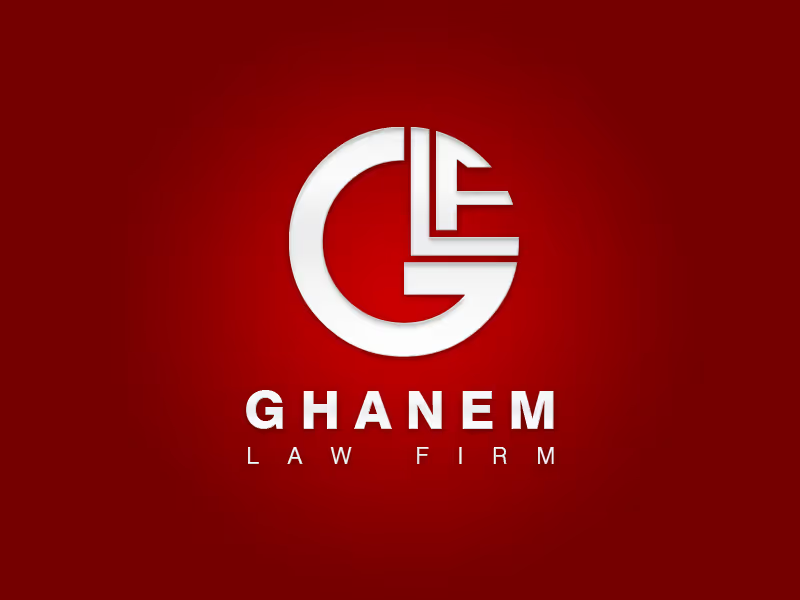
Ghanem Law Firm is a premier law firm in Jdeideh offering effective Debt Collection services in Lebanon, positioning itself as the go-to partner for debt recovery with a foundation in 1997, accolades like Leading Construction & Real Estate Law Firm of the Year 2024, and memberships in the Exsus Network and LIAC-BBA.
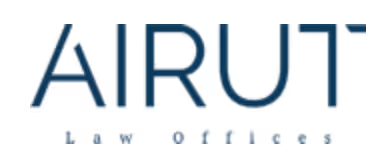
Airut Law Offices is a premier law firm in Beirut offering effective Debt Collection services in Lebanon, established in 1995 and recognized for its professionalism and expertise, serving clients across Lebanon, Iraq, UAE, Saudi Arabia, Qatar, Egypt, and Cyprus.
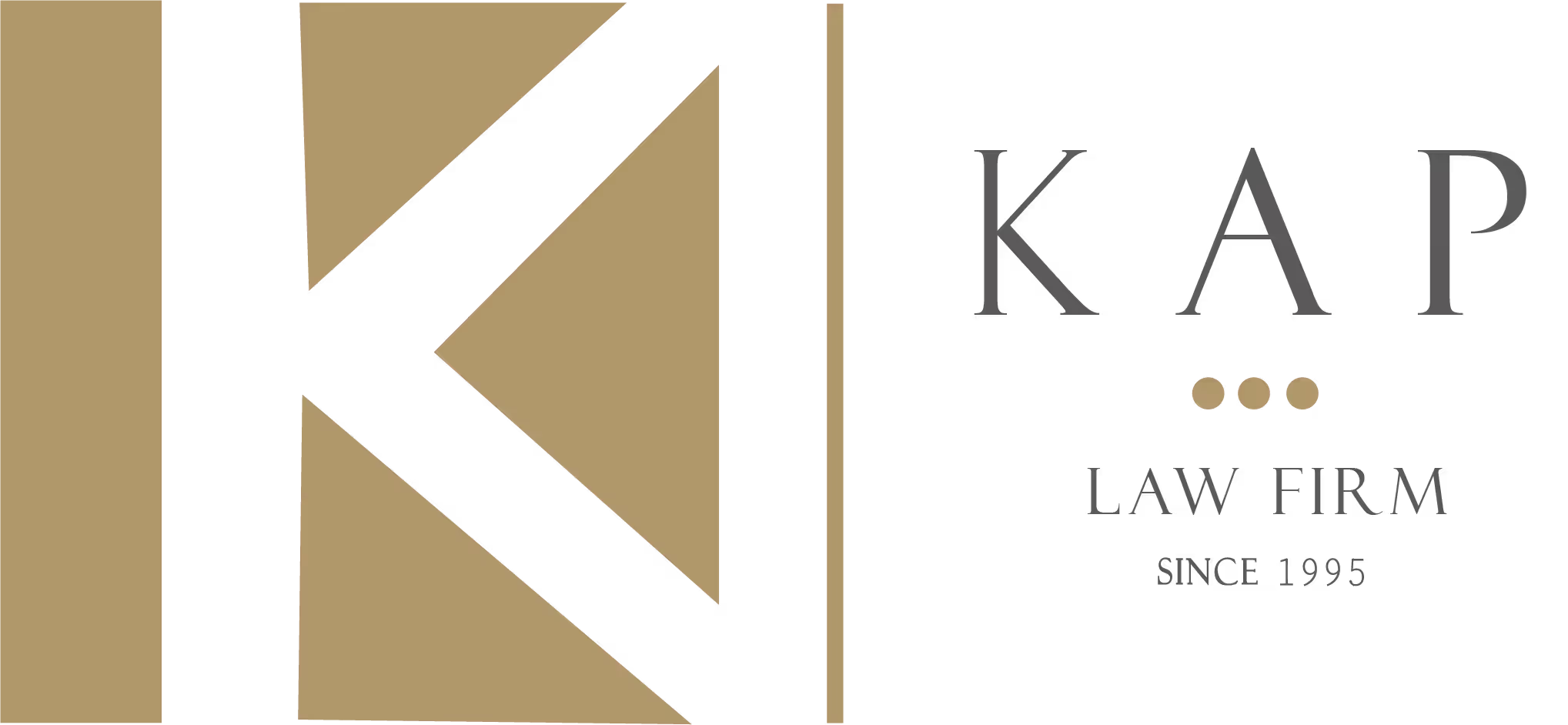
Samir Khalaf Law Firm is a premier law firm in Zalka offering effective Debt Collection services in Lebanon, established in 1995 and a proud member of the Beirut Bar Association, making it the go-to partner for reliable debt recovery.
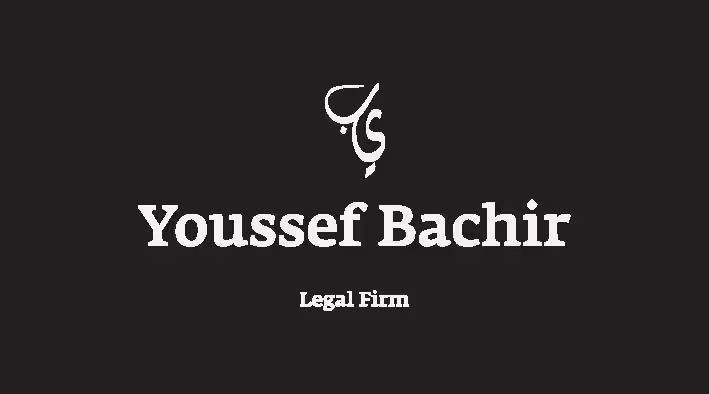
Youssef Bachir Law Firm is a premier law firm in Jdeïdé offering effective Debt Collection services in Lebanon, established in 1996, known for handling over 40,000 cases, with a presence across Europe, the Middle East, and Central Asia, and a member of the Beirut Bar Association.
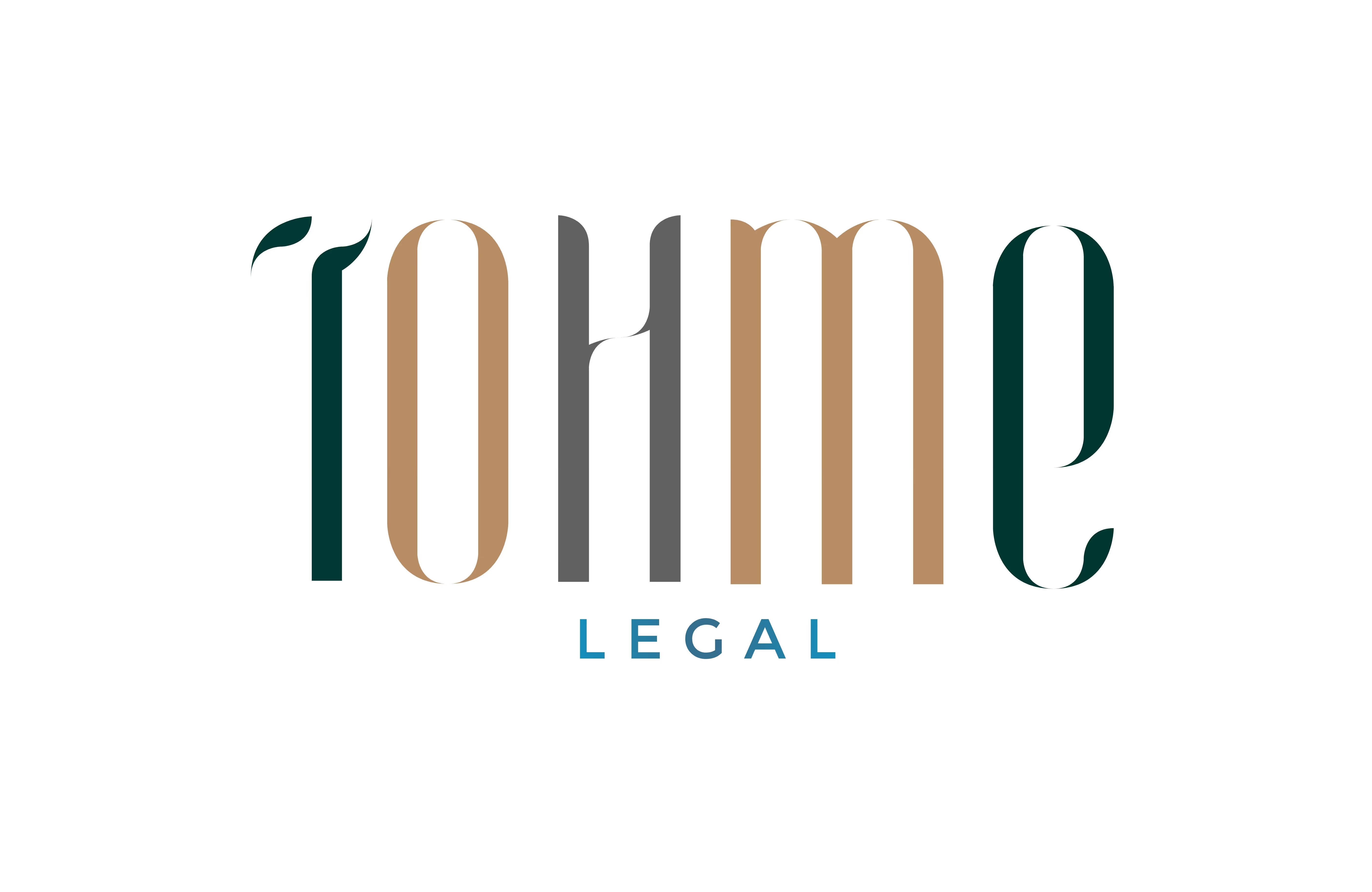
Tohme Legal is a premier law firm in Mtaileb offering effective Debt Collection services in Lebanon, positioning itself as the go-to partner for debt recovery since 1971, renowned for its expertise and membership in prestigious legal associations.

Moghabghab & Associates is a premier law firm in Beirut offering effective Debt Collection services in Lebanon, renowned as a Legal 500 EMEA Spotlight Firm for three consecutive years, founded in 1945, and serving clients worldwide through a global network.

BACHIR & Associates LAW Firm is a premier law firm in Beirut offering effective debt collection services in Lebanon, recognized among Lebanon’s Top 10 Law Firms since 1994, with memberships in ANTEA, International Lawyers Network, and Beirut Bar Association.

Jaber Law Firm is a premier law firm in Beirut offering effective Debt Collection services in Lebanon, established in 1929, renowned for its exemplary litigation record, and recognized by Corporate INTL and The Legal 500, with memberships in prestigious bar associations.
Freelance is a premier law firm in Beirut offering effective Debt Collection services in Lebanon, positioning itself as the go-to partner for debt recovery since 1997, with accolades such as CPC Women in Business of the Month and memberships in the International Bar Association.





.svg)

.webp)
.png)

.png)
.svg)












.svg)

